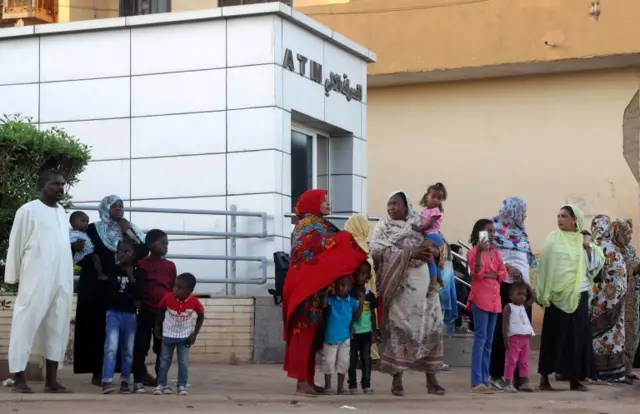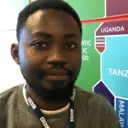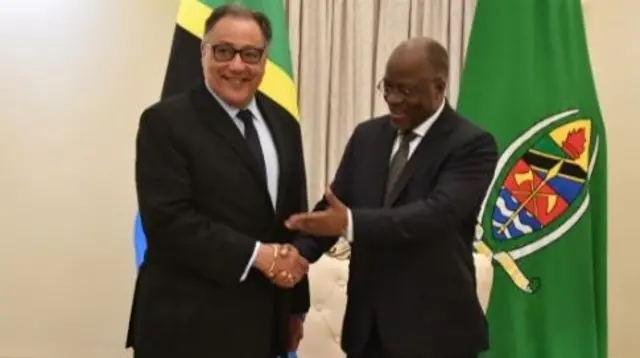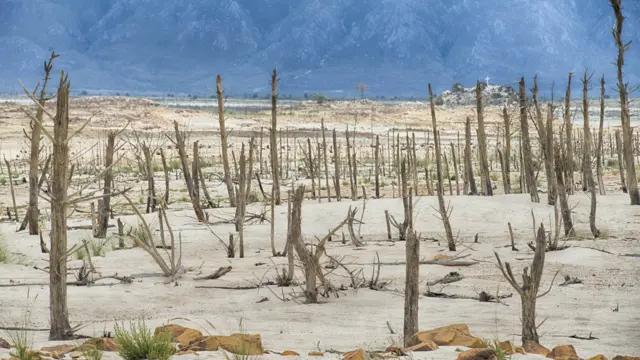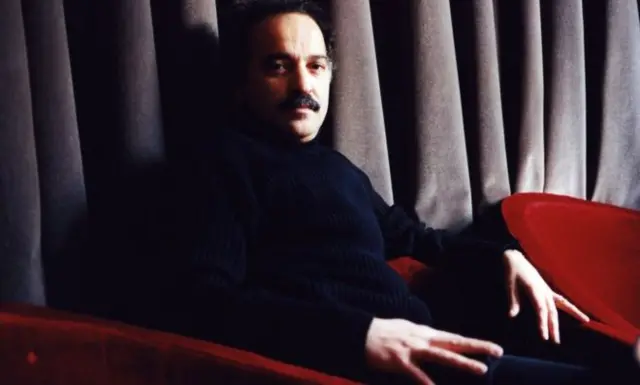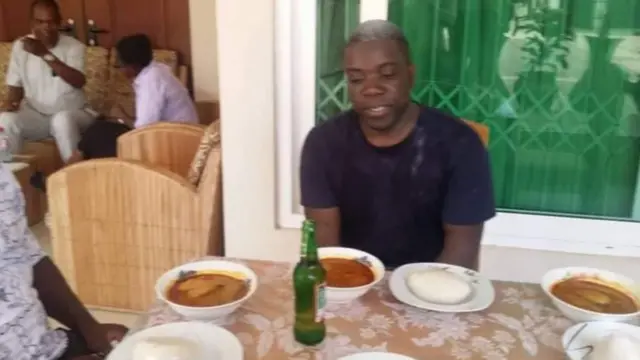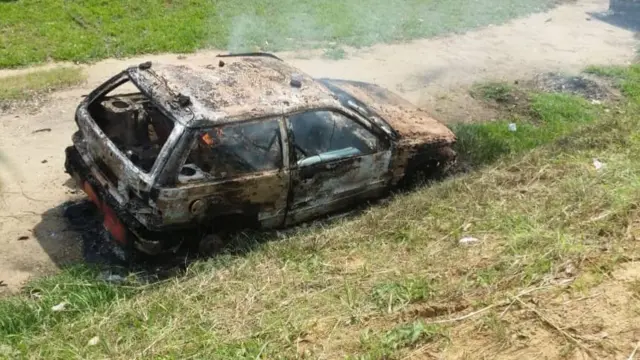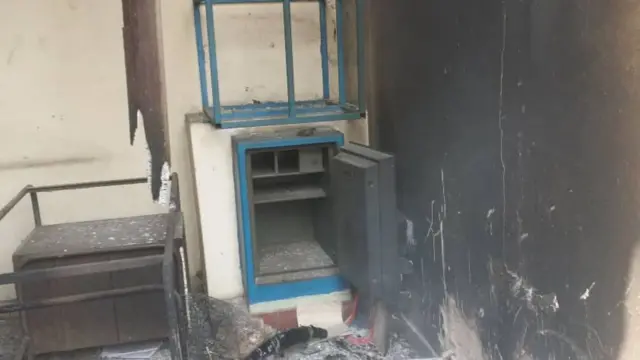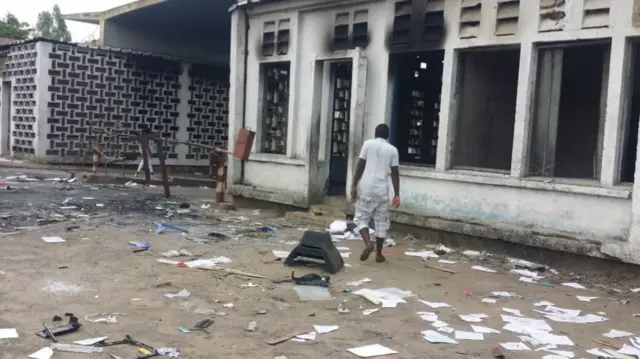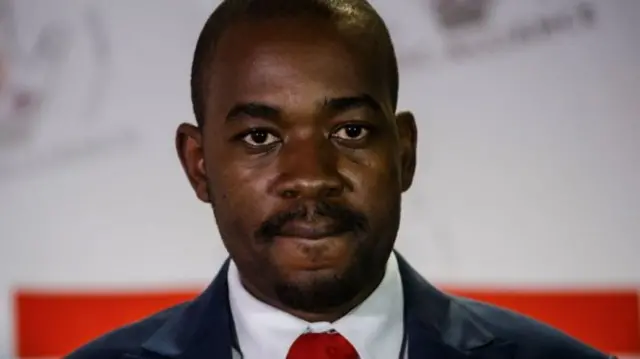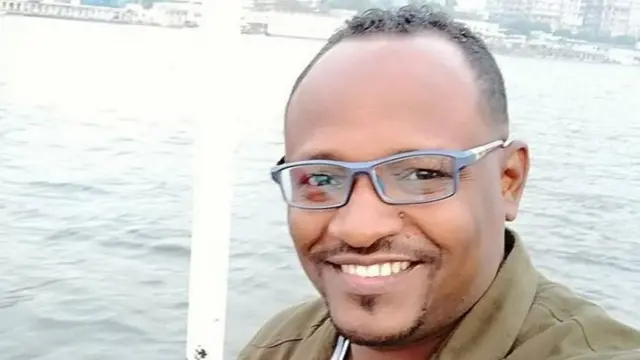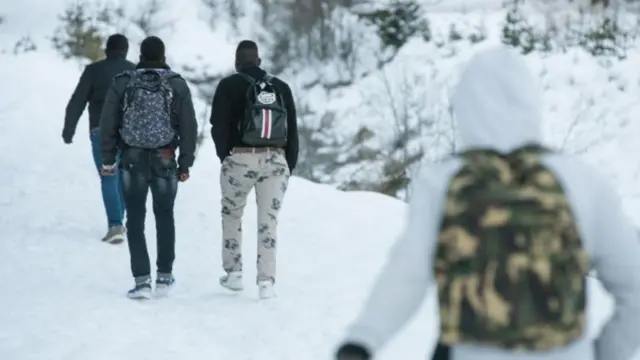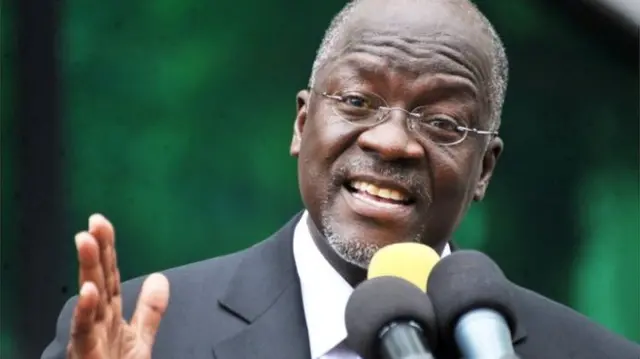Scroll down for this week’s stories 👇published at 18:25 GMT 16 November 2018
We'll be back on Monday
Lucy Fleming
BBC Africa Live
That's all from BBC Africa Live for now. You can keep up to date with what's happening across the continent by listening to the Africa Today podcast or checking the BBC News website.
A reminder of Friday's wise words:
Quote MessageIf you stay away from elders because of bad breath, you will not learn wisdom."
Sent by Ugochukwu Anorue in Lagos, Nigeria and Kuir Lual Bul in Nairobi, Kenya
Click here to send us your African proverbs.
And we leave you with a photo from our weekly gallery of Africa's top shots of members of a brass band in Ethiopia killing time before they played at an inauguration ceremony for a new hospital in the northern city of Bahir Dar.
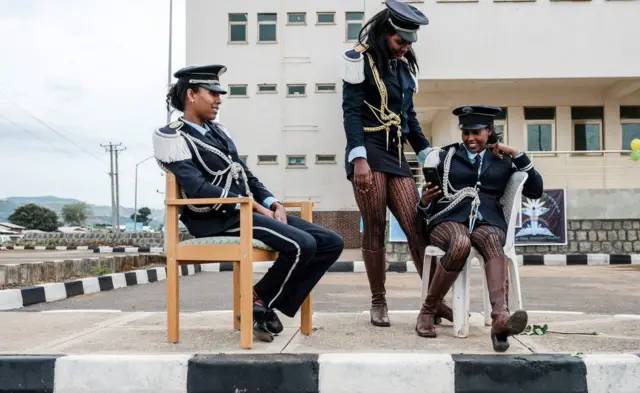 Image source, AFP
Image source, AFP
